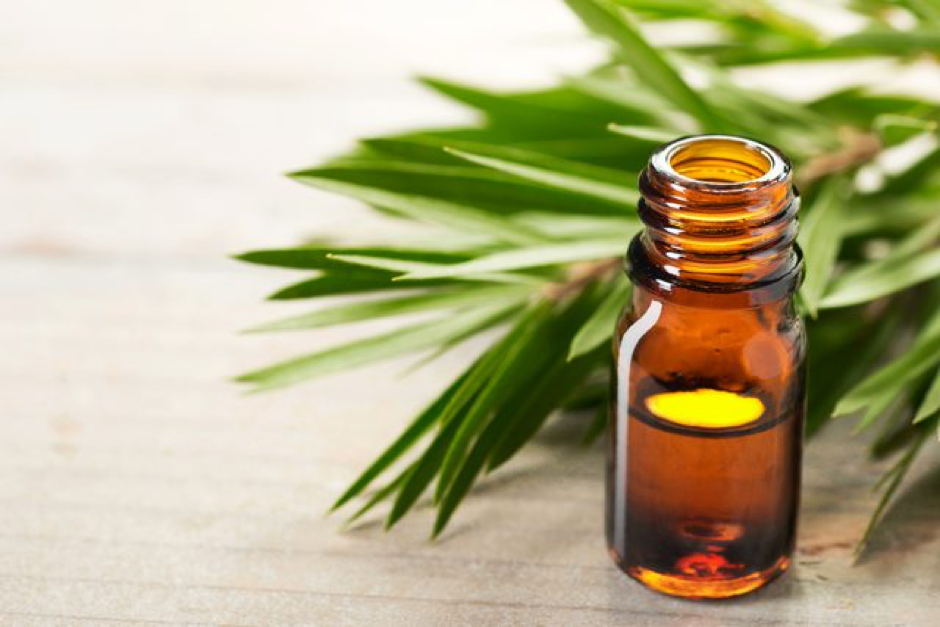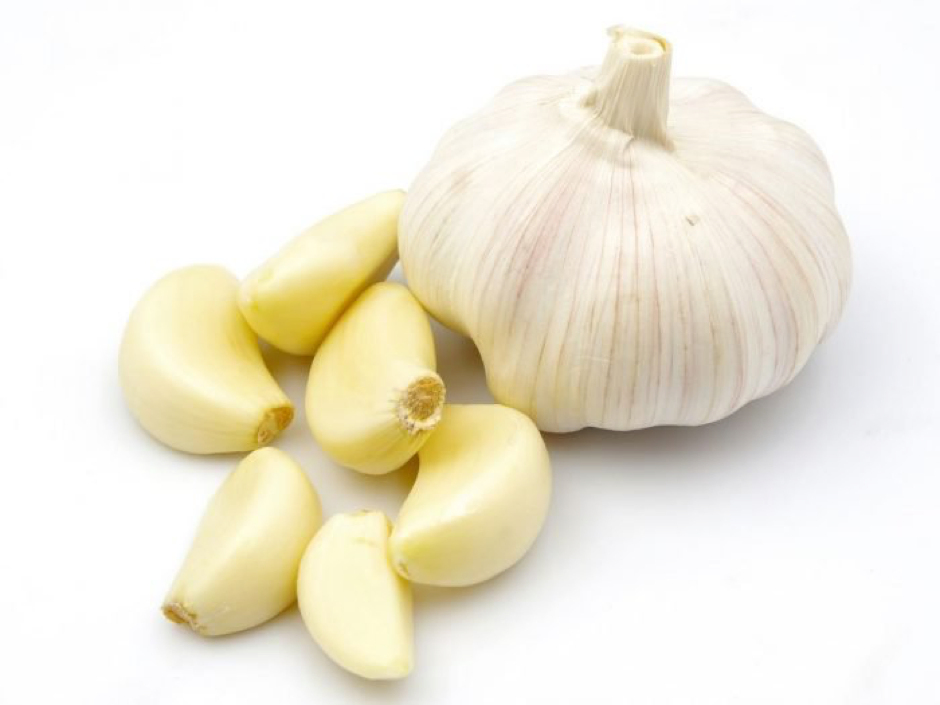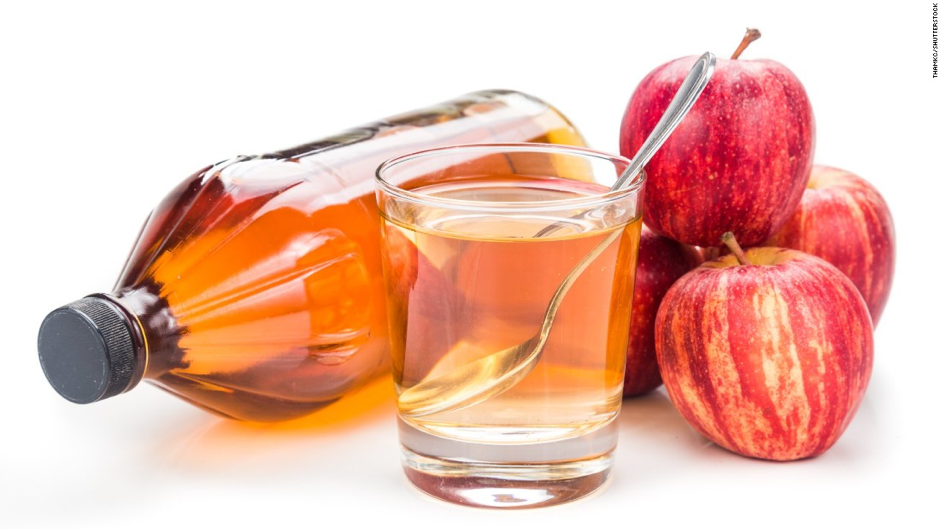Genital warts are among the most common sexually transmitted diseases. They are caused by infection with human papillomavirus (HPV). They grow on the moist genital tissues. Genital warts appear as small bumps that are flesh colored or they have an appearance like a cauliflower. They may cause discomfort, burning or itching in the genital area. They may also cause bleeding during sexual intercourse. There are various treatments available for genital warts. However, you should remember that genital warts can recur even after treatment as the virus remains in the body once you get it.
Genital Warts Treatment and Management
The type of treatment recommended to you depends on the number of warts you have, their location, size and which treatment you prefer.
The treatment methods used to treat external warts are:
- Gels, creams and ointments
- Surgery
- Cryotherapy (freezing the warts)
- Acid solutions
1. Gels, Creams and Ointments
-
Imiquimod cream: This cream is applied to boost the ability of the immune system to fight infection with HPV. Imiquimod 5% is applied at bedtime thrice a week for a total of 16 weeks whereas imiquimod 3.75% is applied every night. The treated area should be washed using water and soap 6 to 10 hours after using the cream. Sexual contact should also be avoided with the cream on your skin as it may weaken diaphragm and condoms and may also irritate the skin of your partner.
-
Podofilox and podophyllin gels: They are resins obtained from plants that are used to destroy genital warts. After their application to the genital wart, the area has to be dried in air before it comes in contact with any clothing. Podofilox should not be applied to warts situated in the vagina, anal canal or cervix. It should also not be applied to large areas. If this treatment is used too much or it’s not air dried after use, the gel can spread to other areas of the body and you may develop adverse effects. Due to these risks, this treatment is no longer recommended by CDC.
- Sinecatechins ointment: This is prepared using extract of green tea. Sinecatechins 15% is applied to genital warts thrice daily for 16 weeks. Sexual contact should be avoided when the ointment is still on the skin.
You should not use these medicines in case you are pregnant.
2. Cryotherapy
Your warts may be frozen by your physician utilizing an applicator with a cotton tip and liquid nitrogen or a special device referred to as cryoprobe. Your physician may apply cold for about 12-20 seconds. If there are lots of warts or if their size is large, then the area may be numbed using a local anesthetic before Cryotherapy. You may require repeated sessions of Cryotherapy to treat all the warts.
3. Surgery
By using surgery as genital warts treatment, all your genital warts can be removed in one visit. After giving local anesthesia, your physician can use different methods to remove the warts. The methods are:
- They may excise the warts using scissors.
- They may shave the warts using a sharp blade (the procedure is referred to as shave excision)
- They may use a laser beam to destroy them. This is an expensive treatment and is usually done for warts that are extensive and tough to treat. (the procedure is referred to as curettage laser)
- Electrocautery-A procedure in which an electric current is used to burn the warts.
In all these treatment options, stitches are not needed after surgery.
4. Acid Solutions
Bichloroacetic or trichloroacetic acid may be used by your physician to treat genital warts. You will be required to apply a tiny quantity of the acid to the genital warts one time in a week and then let it dry. This treatment shows best effect on moist, small warts and may be utilized on anal and vaginal warts.
In case you have cervical or vaginal warts, the treatments that are recommended are:
- Liquid nitrogen or Cryotherapy
- Acid solution
- Surgery
If warts are present in urethra, the treatment options that show best results are surgery or Cryotherapy.
Side Effects of Genital Warts Treatment
Side effects are very rare. They may include scarring or skin discoloration, particularly, if the skin doesn’t get enough time for healing in between treatments. Another rare side effect is chronic, severe pain. In case of anal warts, it may become painful to pass stool. You may also develop anal fistula, which may require surgery.
Home Remedies for Genital Warts
Tea Tree Oil
Tea tree oil is found useful to treat genital warts. You may apply some tea tree oil to the wart after diluting it. (Mix 1 drops of tea tree oil to two drops of coconut oil). You may be required to apply it repeatedly for a couple of weeks. Discontinue if it causes too much irritation.

Vegetables
Vegetables provide benefits in multiple ways. Eat crunchy veggies such as cabbage, Brussels sprouts, broccoli, kale and cauliflower. These veggies are rich in I3C (Indole-3-carbinol), a compound that helps in clearing genital warts. You should eat at least four to five servings of vegetables every day.
Garlic
According to some evidence, applying extract of garlic to warts may help in clearing them. You may buy extract of garlic and apply it directly to genital warts. Alternatively, soak a couple of gauze in oil and garlic. Then apply on genital warts and let them remain there for some time.

Vitamin B-12 and Folate
There exists a link between deficiency of vitamin B-12 and folate and a raised risk of getting infected with HPV. Consuming a multivitamin or supplements containing B-12 and folate may aid your body in fighting HPV infection and clearing up warts.
ACV (Apple Cider Vinegar)
You may treat warts by using ACV at home. It’s quite similar to using prescription medicines, which use acidic compounds to treat warts. Soak a cotton ball, gauze or Q-tip in ACV and apply to genital warts.

Lifestyle and Dietary Support
Your body is strained when you suffer from genital warts. To help the healing of the warts you should avoid any activities that stress your immune system such as smoking or eating a diet of unhealthy and processed foods.
Foods that you should include in your diet are:
- Foods rich in antioxidants such as tomatoes, cherries, blueberries, squash and bell peppers
- Whole grains
- Dark leafy green vegetables such as kale and spinach
- Almonds
- Lean meats
- Beans
Foods that you should avoid are:
- Any type of food allergens such as soy, corn, dairy, and food additives
- Red meat
- Refined foods such as pasta and white bread
- Caffeinated beverages
- Alcohol
- Processed foods containing trans fat
Now you know all about genital warts treatment.
